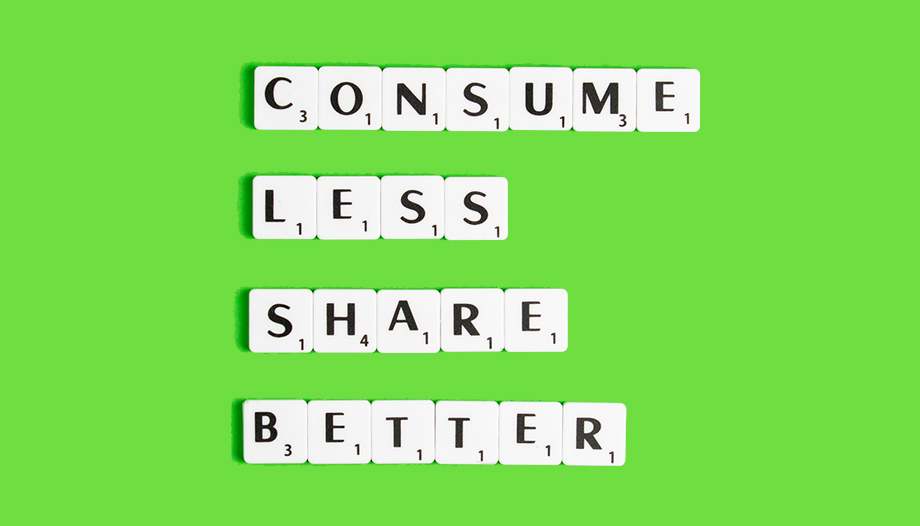Evidently, publishing an encyclical is no mean feat: we are talking about those topics that are part of Christian life as such, that is, the materialization of faith, sacraments, morals... everything that shapes, in one way or another, the existence of Catholics and, therefore, their apostolate in terms of their mission as baptized persons in the world.
To consider Laudato Si' as something like a set of superficial measures covered with ecofriendly and happyflower labels is a limited and materialistic reading of the document.
Mª José Atienza
Since then we have seen how, together with the Pope, a movement has grown in the Church whose aim is to make this call effective. The ecological task is none other than to care for what God, let us not forget, has created for us and what we, let us not forget, must continue to work for: the natural balance - ecology.
Understood in its genuine sense, with a theological vision of life, the planet and man, as creatures, are a reflection of their Creator and, therefore, believing in God, wanting to do what God calls us to do, implies an integral reflection on this world, on the ultimate meaning of things and of existence.
Considering Laudato Si' as something like a set of superficial measures covered up with labels ecofriendly y happyflower is the result of a limited and materialistic reading of the document. The encyclical itself points to the danger of "a superficial or apparent ecology that consolidates a certain numbness and a cheerful irresponsibility".
It is not only about filling churches with solar panels (something very commendable in those who can do it) but to take part in vital paradigm shifts related to food waste at home, consumerism of fashion, or what we spend on vacation (and then the Church does not ask me to throw a euro every Sunday to be seen ...). The call of Laudato Si' is far from shouting environmentalist slogans while we record it with a last generation cell phone. The appeal of Laudato Si' is aimed at fighting against this "throwaway culture, which affects both excluded human beings and things that quickly become garbage".
A good exercise might be, now that the Pope has invited us all to this Laudato Si' platform over the next seven years, to reread the encyclical in the light of the Ten Commandments. We will realize, perhaps, that we cannot love God above all things if we do not love the people of our world and take "into account the nature of each being and their mutual connectedness in an ordered system." Protecting life from beginning to end is ecology, fostering motherhood and helping it to fulfill itself is ecology. Reusing clothes or waiting a month to buy the latest tablet, a simple T-shirt, eating the rest of the bread and not throwing it away is ecology... Yes, ecology, more activist than many others, more at home, not slogans, available to everyone, yes, but of committed action.
Director of Omnes. Degree in Communication, with more than 15 years of experience in Church communication. She has collaborated in media such as COPE or RNE.











